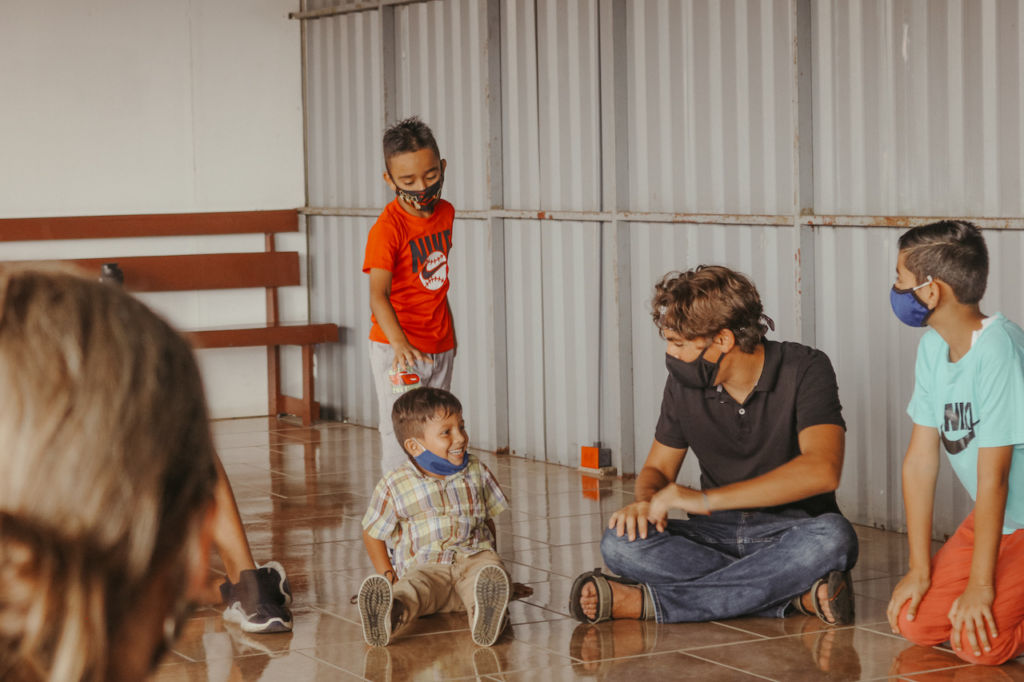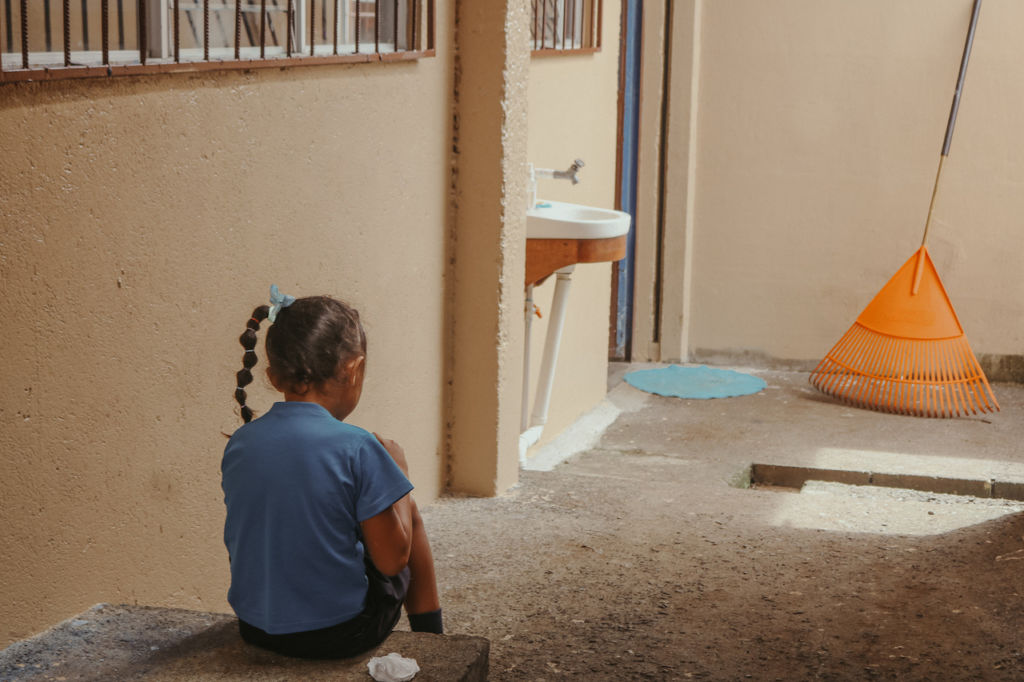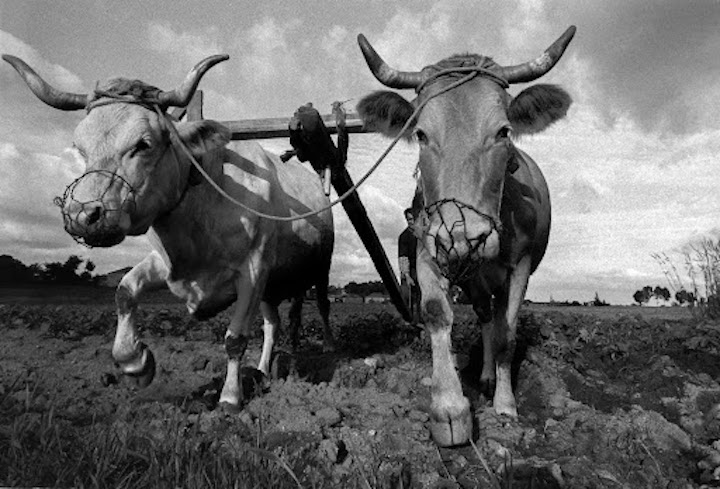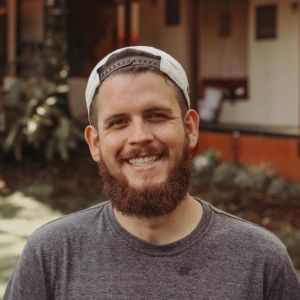
Last week I had the opportunity to be part of a Global Teams training with missionaries that work among unreached Muslim groups. This was a blessing for me as it helped me put together even more my vision and my goals for Vida220. Also it made me see my role as a mobilizer and trainer of future missionaries as I myself prepare to go out to the unreached. It also reminded me of a phrase:
“Blessed to be a blessing.”


This comes from Genesis 12 when God tells Abraham that he will be blessed so that he can be a blessing to all. This is the beginning of a bigger blessing that will be to all humanity. We can see the full expression of this blessing in the person of Jesus Christ. In Christ we find a Priest, a Prophet and a King. Unlike the Old Testament prophets who faced the people when speaking for God, the Old Testament priests faced God and had their backs to the people. Like the prophet, the priest was a spokesman, but he spoke for the people rather than to them. (Here I am quoting R.C. Sproul.) We also find a King that unlike human kings is incorruptible. Christ is the perfect King, the perfect Prophet, and the perfect Priest. He is the biggest blessing we as humans can have.
As cliché as it sounds the famous phrase from spiderman, “Great power comes with great responsibility”, perfectly applies here. We are given by grace a blessing that cannot be bought, but it also comes with a responsibility. So an honest question to ask is, are we sharing this blessing?
We are blessed to be a blessing to all nations, tribes and tongues, but just as the Israelites, we decide not to share this blessing we are given.
There is a question asked by unbelievers that really confronts me. “If you believe this to be true, why don’t you preach it as though it were true?” The answer to that question probably confronts me and saddens me more that the question itself.


Our church is comfortable and does not mind to be bothered. The church in North America has been seduced by a life full of pleasures and ostentatious living, while the Latin American church is deceiving itself and ignoring the call by saying “Missions are for those with money,” while at the same time covets the pleasures and living of the American dream. While both fail to recognize that everything that has been given to them has to be used for the benefit of those that do not have the biggest and most glorious blessing, which is Christ.
We find the word syzyge (σύζυγε) in Philipians 4:3. It is translated as “companion” but it might lose some if it intended meaning. It means “yokefellow” and it expresses metaphorically Paul’s appreciation for the fellow leader who “pulls the plow” in sync with him, as if they were two well-matched oxen yoked together.
This is a beautiful metaphor of how the church is to work alongside those in the field just as Paul and those supporting him in the church of Philippi. We all agree that going out in the field is not for everyone, but all of the church has to be involved.

How can you get involved?
1 – Going: There are many unreached tribes and many languages that do not have a bible nor translators working on one. I am sure that there is a place on this earth that your profession or trade can be used as a door to share the gospel.
2 – Praying: That which helps missionaries bear the afflictions or struggles are the prayers of the saints all over the world. Adopt a country or a missionary and pray for them two minutes every day. It only takes two minutes.
3 – Giving: This is the part we don’t like, and the one we make up excuses for the most. World missions are possible thanks to those that give so that others can go. It is not necessary to be rich to give a few dollars every month to a missionary. What to you is some change to him is an answered prayer.
4- Mobilizing: Behind every missionary there is a group of people working to take care of him. There are no lone rangers in missions.
There are two kinds of followers: those that obey and those that disobey. Now, my desire is not to bash on anyone, but to awake the church to a reality that we cannot ignore. Now that you know this, my question to you is, “What are you going to do about it?”

By Steven Bolaños
Vida220 Program Coordinator

